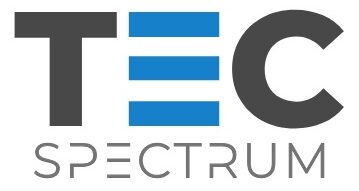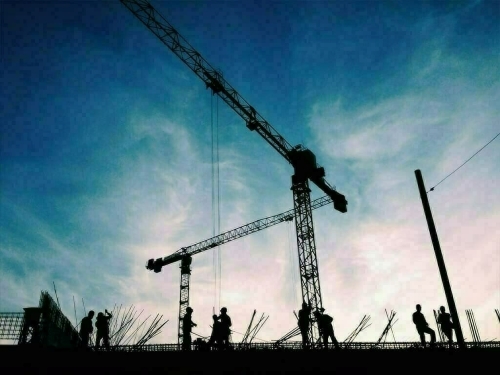In a significant move towards technological innovation and academic advancement, the Central Development Working Party (CDWP) has approved the Establishment of the National Center for Quantum Computing (NCQC). The project, worth Rs. 3.31 billion, was greenlit during a high-level meeting chaired by Federal Minister for Planning, Ahsan Iqbal.
🧠 Quantum Leap for Pakistan’s Higher Education Sector
The newly approved National Center for Quantum Computing project is a landmark initiative in Pakistan’s science and technology landscape. It aims to position the country among emerging leaders in quantum research, next-gen computing, and technological sovereignty.
With this center, Pakistan plans to:
- Strengthen quantum computing R&D capabilities
- Enhance academic-industry linkages
- Train a new generation of scientists and engineers in quantum sciences
- Accelerate indigenous innovation in cryptography, machine learning, and simulations
This approval underlines the government’s focus on cutting-edge innovation and digital transformation in higher education.
💼 CDWP Clears 4 Projects, Recommends 6 to ECNEC
The CDWP reviewed a total of 10 major development projects across various sectors. Four of these were approved outright, while six larger initiatives—worth approximately Rs. 227.34 billion—were referred to the Executive Committee of the National Economic Council (ECNEC) for final approval.
🗂️ Projects Approved at CDWP Level:
- National Center for Quantum Computing – Rs. 3.31 billion
- Expansion of Safe City Islamabad – Rs. 7.49 billion
- Punjab Clean Air Program (PCAP) – Rs. 5.7 billion
- Pakistan Railways Track Maintenance Machines – Rs. 5.31 billion
📤 Projects Referred to ECNEC Include:
- Higher Education Development in Pakistan (Revised) – Rs. 21.19 billion
- Reconstruction of National Highway N-5 (Phase-I) – Rs. 155.41 billion
- Lahore Controlled Access Corridor (Niazi to Babu Sabu) – Rs. 10.84 billion
- Road Dualizations in Khushab, Gujranwala, and Chishtian – Rs. 39.9+ billion combined
🏗️ Sectoral Impact and Long-Term Vision
The projects span across Higher Education, Information Technology, Transport & Communications, Environment, and Railways—indicating a comprehensive approach to national development.
Speaking during the meeting, Planning Minister Ahsan Iqbal highlighted the government’s strategic vision to:
- Upgrade infrastructure
- Improve citizen safety and mobility
- Foster innovation ecosystems
- Combat environmental challenges
- Align development with Pakistan’s Vision 2025 and Sustainable Development Goals (SDGs)
















